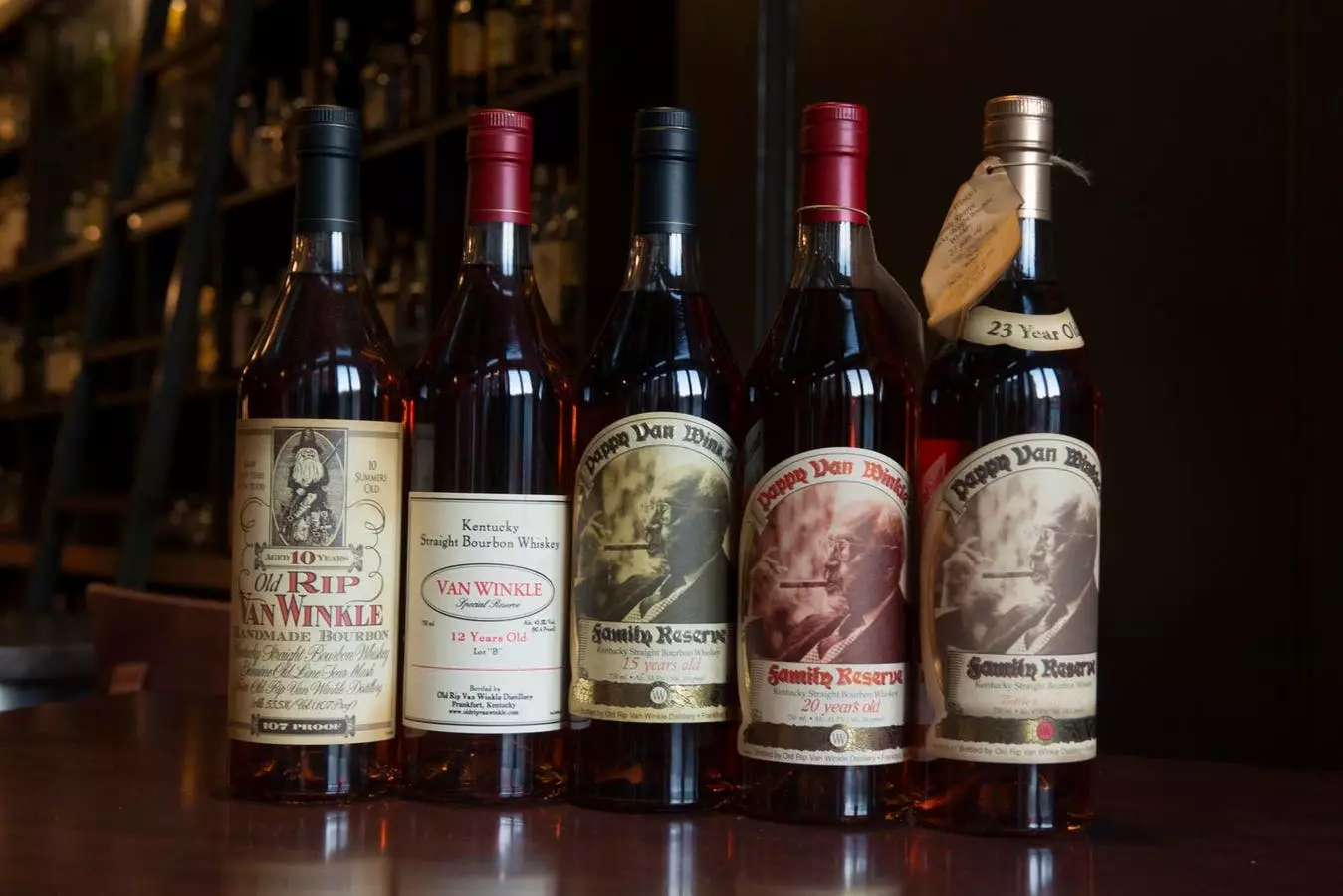In recent years, the counterfeit goods market has ballooned into a multi-trillion dollar enterprise, with estimates of annual losses soaring up to $4.5 trillion globally. This surge is not merely restricted to luxury items such as designer handbags or trendy fashion apparel but extends into even more alarming domains, such as counterfeit pharmaceuticals and now, bourbon—an American spirit with roots deeply embedded in Kentucky. As the bourbon industry experiences phenomenal growth, the threats posed by counterfeit bottles loom large, posing financial and health risks to consumers.
The last decade has ushered in a renaissance for bourbon. Sales figures topped $5.1 billion in 2022, underscoring an extraordinary rise in both interest and consumption. A diverse consumer base has emerged, including an influx of women and younger drinkers who are reshaping the traditional image of bourbon. High-profile endorsements, such as Pope Francis auctioning a signed bottle from Willett Distillery, have further amplified bourbon’s allure. This newfound popularity has not only valorized bourbon but also triggered an insatiable demand for high-end variants like Pappy Van Winkle, which can fetch extraordinary prices in the secondary market, sometimes reaching $5,000 a bottle.
As the market for premium bourbons expands, it inevitably attracts opportunistic counterfeiters seeking to exploit unsuspecting consumers. Scammers often engage in a deceptive practice whereby they acquire empty bottles of prestigious bourbons like Pappy Van Winkle, and refill them with inferior, low-quality liquor. These phony bottles are then marketed online, often through popular platforms like Facebook and Instagram, or through dubious e-commerce websites that mimic legitimate retailers. Alarmingly, some counterfeit bourbon even makes its way into reputable liquor stores, creating a challenge for both buyers and vendors alike.
A particularly alarming incident was highlighted in a 2021 investigation by the television show “Inside Edition.” The team purchased a supposedly authentic bottle of Col. E. H. Taylor Four Grain Bourbon for nearly $1,000 from Acker Wines, America’s oldest wine shop located in New York City. Their journey led them to Buffalo Trace Distillery, the company responsible for producing this esteemed bourbon, where staff chemists analyzed the liquid. The results were shocking: although the bottle itself was genuine, the contents were mere cheap bourbon masquerading as a premium product. Such deceptions are alarming reminders of the pervasive nature of counterfeit spirits and their impact on consumer trust and safety.
Consumers must remain vigilant when purchasing bourbon, particularly from online sources. A good rule of thumb is to be skeptical of prices that seem too appealing; if something appears to be a steal, it probably is. One red flag is any online retailer that claims to ship alcohol to all U.S. states without restrictions—a practice that is typically illegal due to varying state laws governing alcohol distribution.
Additionally, utilizing tools such as the Google Safe Browsing Transparency Report can be invaluable when assessing the legitimacy of a website. Inputting a URL into this service may reveal whether Google has flagged a site as potentially fraudulent. However, it’s essential to understand that no online tool can guarantee the authenticity of a specific liquor seller.
As an enthusiastic bourbon drinker myself, I find it disheartening that this cherished spirit is subjected to such nefarious activities. Having had the pleasure of tasting Pappy Van Winkle as a gift, I appreciate the complexity of its flavor but find joy in exploring more affordable options that do not compromise on quality. The expanding marketplace is undoubtedly thrilling, yet it is shadowed by the potential peril of counterfeits.
In a world where the love for bourbon continues to soar, the insidious threat of counterfeit spirits rises alongside it. The societal impact of this counterfeit market extends beyond mere fiscal losses; the health risks posed by consuming fake products create a significant concern for the average consumer. It is imperative that bourbon enthusiasts remain educated and vigilant in their purchasing decisions to safeguard both their wallets and well-being. The charm of bourbon lies in its authenticity, a quality that each connoisseur must strive to protect.

